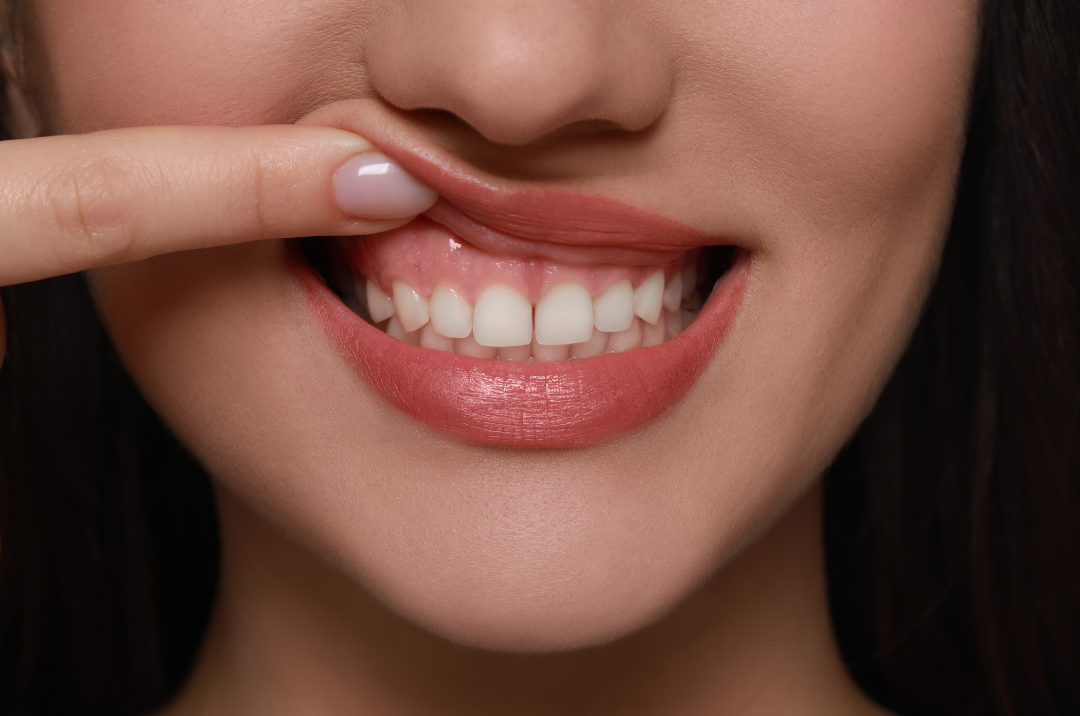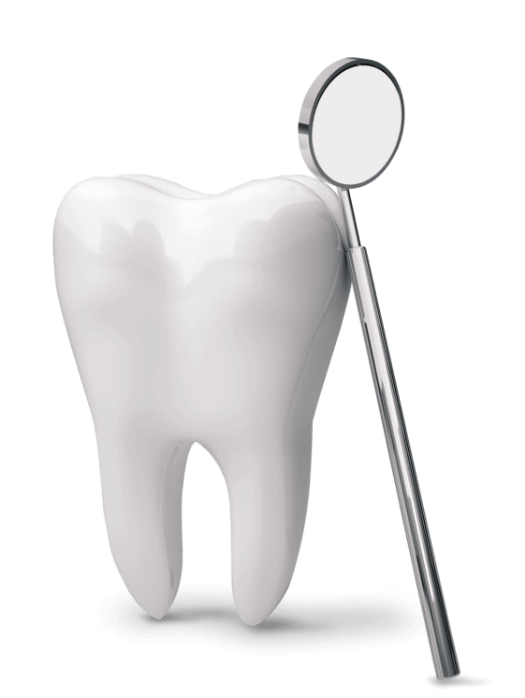
In this blog entry Dr Darryl Marsh writes... A thorough dental exam before you conceive is as important as an overall medical check-up.
During pregnancy, you are at greater risk of certain dental problems, the most common of these is periodontal disease, also known as gum disease. Because of the hormonal changes that occur during pregnancy, your immune system becomes hypersensitive to the bacteria in dental plaque. So when you have a problem, it’s likely to develop and deteriorate at a much greater rate than it would at any other time.
So if you are planning a pregnancy, or have just found out you are pregnant it is wise to get your gums checked out to ensure there are no existing problems already, because periodontal disease can really accelerate throughout a pregnancy.
The other thing that’s important to know is that if you do develop gum disease during your pregnancy it can affect your bub because bacteria can be transmitted into your amniotic fluid. Researchers have found periodontal pathogens in amniotic fluid and placentas, which can lead to a greater risk of pre-eclampsia or a low birth weight for the baby. From your baby’s point of view it’s a good idea for mum to have a healthy smile.
When the baby is born DNA testing has shown that 95% of the bacteria actually comes from Mum. This means that if you have any of those nasty bacteria that can cause infection, be it gum disease, tooth cavities or any other form of infection in the mouth, then you’ve got a very high chance of passing them on to your baby.

Another reason to be on top of your dental care when thinking about starting a family is to do with the use of X-Rays during pregnancy.
Even though dental X-Rays (particularly the Digital X-Rays we use at our practice) are a fraction of the radiation dosage of medical X-Rays, most people want to avoid any unnecessary exposure if they can. So it is wise that you have your teeth examined and X-Rayed before you fall pregnant, so that if there are any cavities present you can deal with them before they become a problem during your pregnancy.
Question: What does gum disease bacteria mean for a baby that doesn’t have any teeth?
It may seem strange to worry about dental problems when your baby doesn’t have any teeth yet, but the bacteria which cause problems with teeth are able to live in the gums as well. This means that when they do get teeth, they’re much more likely to develop that infection.
Question: Is that a bug that is very hard to get rid of?
You can use antibiotics to kill the gum disease bacteria, but the ones we would get an adult to use are ones we want to avoid using on a baby.
Question: Is there anything else to be aware of?
We know that in adults that have periodontal disease, the bacteria doesn’t just sit in your mouth, it can cause damage to other parts of your body. For instance, in the elderly, the majority of upper respiratory tract infections are due to periodontal disease.
Medical research has also shown that having the bacteria that causes periodontal disease is a major risk factor for heart disease, stroke and diabetes. So even though there is no specific research that has been done into the effects on babies health, it is logical to prevent this bacteria in your baby.
Question: Babies that have that form of bacteria, does it affect the formation of the teeth?
No, not that I’m aware of. There are some people that are very susceptible to periodontal disease and they can loose their adult teeth at a very early age, possibly as a teenager (this is known as Juvenile periodontitis). It is uncommon, but if you do get it, it is devastating because there is a very high risk that you’ll lose of all your adult teeth.
If you are thinking about starting a family or have any questions about dental matters during your pregnancy, then contact us or ‘Ask a Dentist‘ online.
Keep Smiling!



almost luxurious experience.
I highly recommend this dentist, especially if you suffer with anxiety or a fear of dentistry."

Your first visit at Today’s Dentistry is all about creating a Dental Roadmap so you know exactly what condition your teeth and gums are in, and what your options are for treatment.
Your first appointment includes: